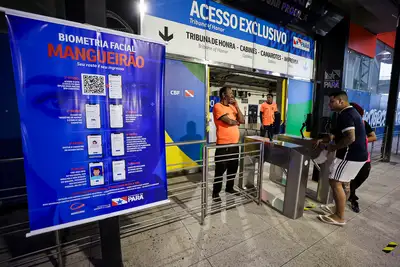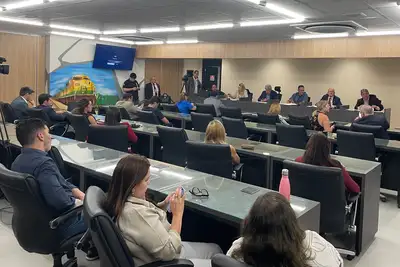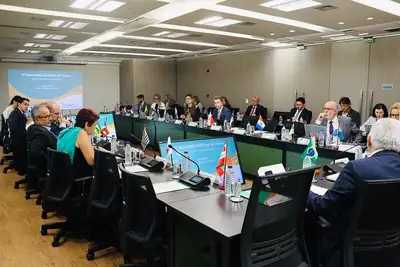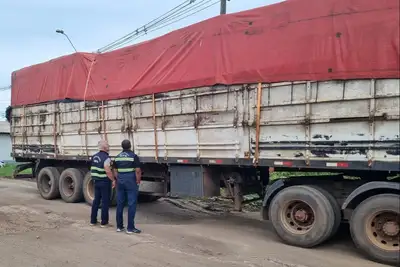National Prostate Cancer Awareness Day Reinforces the Importance of Diagnosis
The State Government reinforces comprehensive care, prevention, and guidance to promote continuous male health care
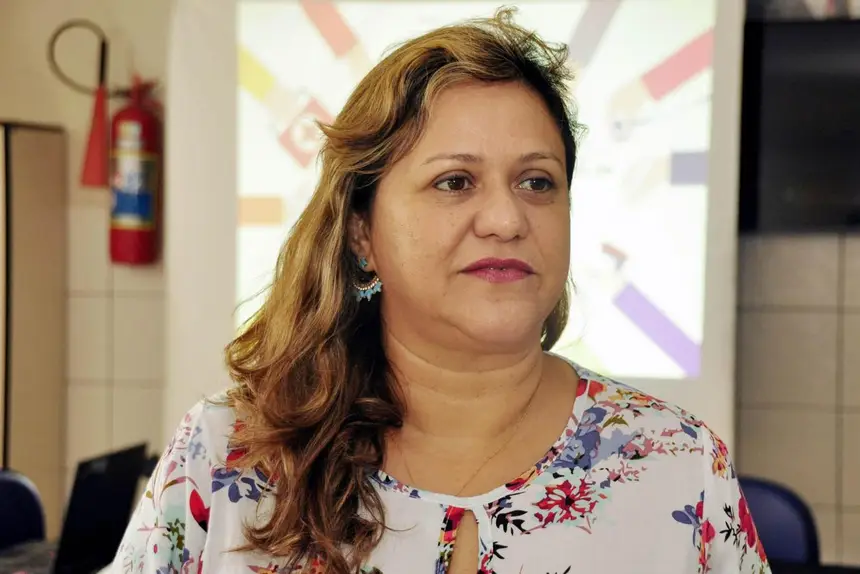
On National Prostate Cancer Awareness Day, observed this Monday (17), the Government of Pará, through the State Department of Public Health (Sespa), reinforces the importance of prevention and early diagnosis of the disease that most affects men in the state, excluding non-melanoma skin tumors. Only in 2025, up to August, 232 new cases were diagnosed in the services of the Unified Health System (SUS) in Pará. In 2024, 585 cases were recorded, according to the Oncology Panel of DataSUS.
According to estimates from the National Cancer Institute (INCA, 2022), Brazil is expected to register 71,730 new cases of prostate cancer per year in the triennium 2023–2025, which keeps prostate cancer as the most incident type among men and the second in mortality, only behind lung cancer in the global scenario.
For the state oncology coordinator of Sespa, Patrícia Martins, the scenario reinforces the need to increase information and encourage men to seek health services. “Early diagnosis is essential to ensure better treatment outcomes. When identified in the early stages, prostate cancer can have over a 90% chance of cure. Therefore, it is crucial that men pay attention to the signs and seek individualized evaluation, especially those with risk factors,” she emphasizes.
Prevention, warning signs, and exams available in SUS
The prostate is a gland of the male reproductive system located below the bladder, responsible, along with the seminal vesicles, for the production of sperm. In the early stages, prostate cancer is often silent and presents no symptoms. When signs begin to appear, such as difficulty urinating, increased urinary frequency, pain during urination, blood in urine or semen, and bone pain, about 95% of tumors are already in advanced stages, making cure difficult.
The main risk factors include advanced age, family history, obesity, and higher prevalence among black men. Therefore, according to the Ministry of Health, asymptomatic men should talk to a healthcare professional to assess the risks and benefits of exams, in a shared decision-making approach.
The Brazilian Society of Urology (SBU) advises that:
- Men aged 50 and over should seek specialized evaluation;
- Men aged 45 and over should begin investigation if they are black or have first-degree relatives with prostate cancer.
In the public network, the investigation of suspected cases includes:
- Clinical examination, such as a digital rectal exam;
- Laboratory test PSA (Prostate-Specific Antigen);
- Referral to a urologist when there are abnormalities;
- Biopsy in cases that require diagnostic confirmation.
Coordinator Patrícia Martins emphasizes that the entry point is always Primary Care. “Any unit in the public network can initiate the investigation and refer the patient for specialized evaluation. The important thing is that men do not wait for symptoms to appear and seek preventive guidance,” she explains.
In addition to medical evaluations, healthy habits also reduce the risk of cancer: regular physical activity, balanced diet, combating sedentary lifestyle, weight control, reducing alcohol consumption, and quitting smoking — guidelines reinforced by the World Health Organization (WHO).
Where to find care and treatment in Pará
The Government of Pará, through Sespa, also conducts educational actions in public institutions to raise male awareness about prevention and early diagnosis. The referral for the first consultation and specialized evaluation follows the Medium and High Complexity Oncology Access Protocol, available on the Sespa portal.
High-complexity oncological treatment for prostate cancer through SUS is available at the following units:
- Ophir Loyola Hospital (HOL)
- João de Barros Barreto University Hospital
- Castanhal Regional Hospital
- Lower Amazon Regional Hospital (HRBA)
- Tucuruí Regional Hospital
These services offer diagnosis, surgery, radiotherapy, chemotherapy, active surveillance, and specialized follow-up according to the stage and aggressiveness of the tumor.
According to Patrícia Martins, Pará is continuously advancing in strengthening the network. “We are expanding access, updating protocols, and strengthening integration between Primary Care and medium and high complexity. Correct information saves lives, and our mission is to ensure that men have access to complete and timely care,” she states.



